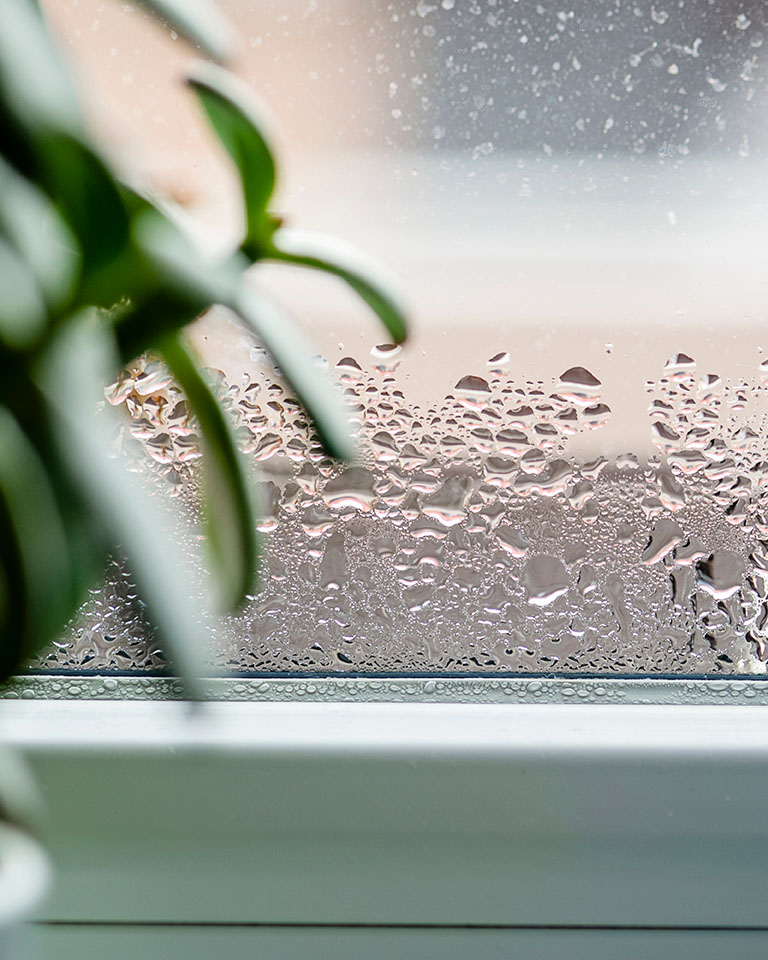

Humid means that the air contains a lot of water vapour. The amount of water vapour in the air is measured by the relative humidity. Relative humidity is the percentage of water vapour that the air can hold at a certain temperature.
When the relative humidity is high, the air feels sticky and uncomfortable. This is because the water vapour in the air is already close to its maximum capacity. When you sweat, the sweat on your skin does not evaporate as quickly as it would in dry air. This can make you feel hot and uncomfortable.
Humid air can also lead to mould and mildew growth. Mould and mildew need moisture to survive, and they thrive in humid environments. If you live in a humid climate, it is important to take steps to prevent mould and mildew growth, such as dehumidifying your home and keeping your home clean and dry.
Humid air can be caused by high temperatures, high levels of precipitation, or by bodies of water. The ocean is a major source of humidity in the atmosphere. When the sun heats the water, it evaporates and rises into the air. The water vapour in the air then condenses and forms clouds. When the clouds release their moisture as rain or snow, the air becomes more humid.
The clothes were damp and humid from the rain.

Noun: humidity.
Adjective: humid.
Adverb: humidly.
The word "humid" comes from the Latin word "humidus", which means "moist". It was first used in English in the 14th century.
What does humid mean?
Question:
Explain the concept of humidity and its impact on weather and human comfort, elaborating on the relationship between temperature and humidity and how they contribute to the heat index.
Answer:
Humidity refers to the amount of water vapour present in the air. It plays a significant role in both weather patterns and human comfort. The level of humidity is closely linked to temperature – warm air can hold more moisture than cold air.
High humidity can make hot temperatures feel even more uncomfortable due to reduced evaporation of sweat from the skin. This is because sweat doesn't evaporate as efficiently in humid conditions, which is the body's primary mechanism for cooling down. The combination of high humidity and high temperature can lead to an elevated heat index, a measure of how hot it feels to the human body.
In contrast, low humidity can make cold temperatures feel even colder because drier air allows moisture to evaporate more readily from the skin, intensifying the cooling effect.
Weather forecasts often include humidity levels, as it affects cloud formation, precipitation, and the likelihood of fog. Understanding humidity and its interaction with temperature provides valuable insights into both meteorology and human comfort, influencing clothing choices, outdoor activities, and even energy consumption for heating and cooling.
Address
Developing Experts Limited
Exchange Street Buildings
35-37 Exchange Street
Norwich
NR2 1DP
UK
Phone
01603 273515
Email
hello@developingexperts.com
Copyright 2025 Developing Experts, All rights reserved.